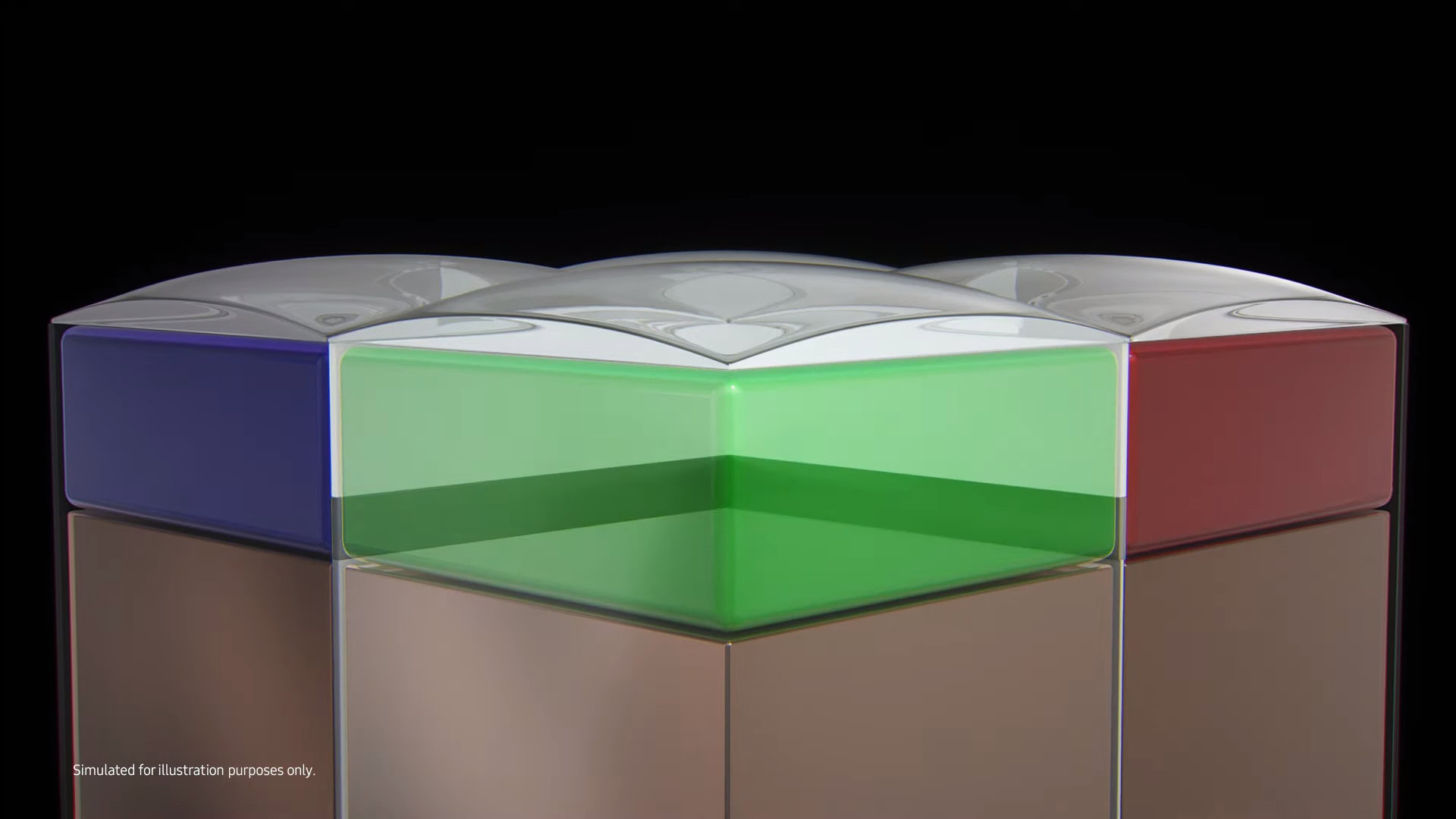Affiliate links on Android Authority may earn us a commission. Learn more.
Samsung announces ISOCELL 2.0: A key weapon for future 100MP+ cameras
March 4, 2021
- Samsung has announced ISOCELL 2.0 tech for its camera sensors.
- This enables better light sensitivity and further reduces color cross-talk.
- Samsung hints that camera sensors with higher megapixel counts will use this tech.
Samsung’s smartphone camera sensors generally pack ISOCELL technology, which sees barriers placed between neighboring photo-sites/pixels in order to reduce color cross-talk and improve light-gathering capabilities. Think of the sensor’s pixels as houses and the barriers as walls to keep prying eyes away.
The company’s most recent sensors ship with ISOCELL Plus tech, which differs from standard ISOCELL tech by using a “new material” rather than metal. This is because metal has a tendency to absorb or reflect incoming light, reducing image quality. Now, the company has improved things once again by detailing ISOCELL 2.0.
According to an official video on the matter (seen below), ISOCELL 2.0 sees the “lower portion of the barrier” between pixels being replaced with more reflective material as well.
The video notes that ISOCELL 2.0 therefore minimizes “optical loss” and delivers a major improvement when it comes to light sensitivity. Samsung adds that the improved light sensitivity will also help camera sensors with smaller pixels punch above their weight and absorb more light.
“As a result, image sensors can pack in more pixels to produce finer details without compromising on vivid color reproduction,” the video adds, hinting at a future with higher resolution smartphone sensors. Samsung offers 108MP mobile sensors right now, but it previously pointed to a long-term goal of camera sensors with the resolution of the human eye (500MP to 600MP).
We won’t have to wait too long for the first smartphone camera sensors packing ISOCELL 2.0 tech either, as Samsung previously confirmed that several 0.7 micron pixel sensors announced in late 2020 would offer the tech. We’ve asked Samsung Semiconductor for specific camera sensors supporting ISOCELL 2.0 and will update the article if/when they get back to us.
